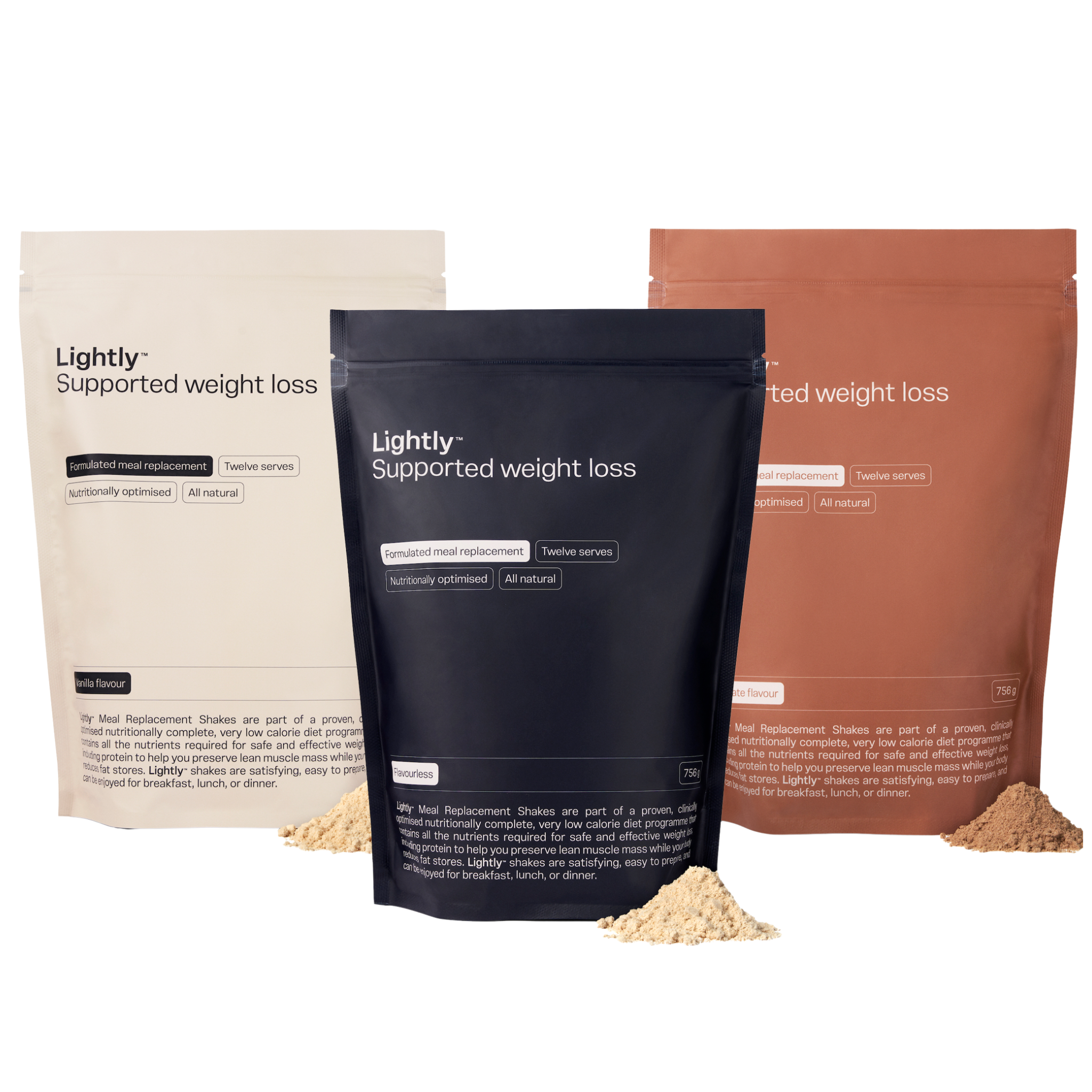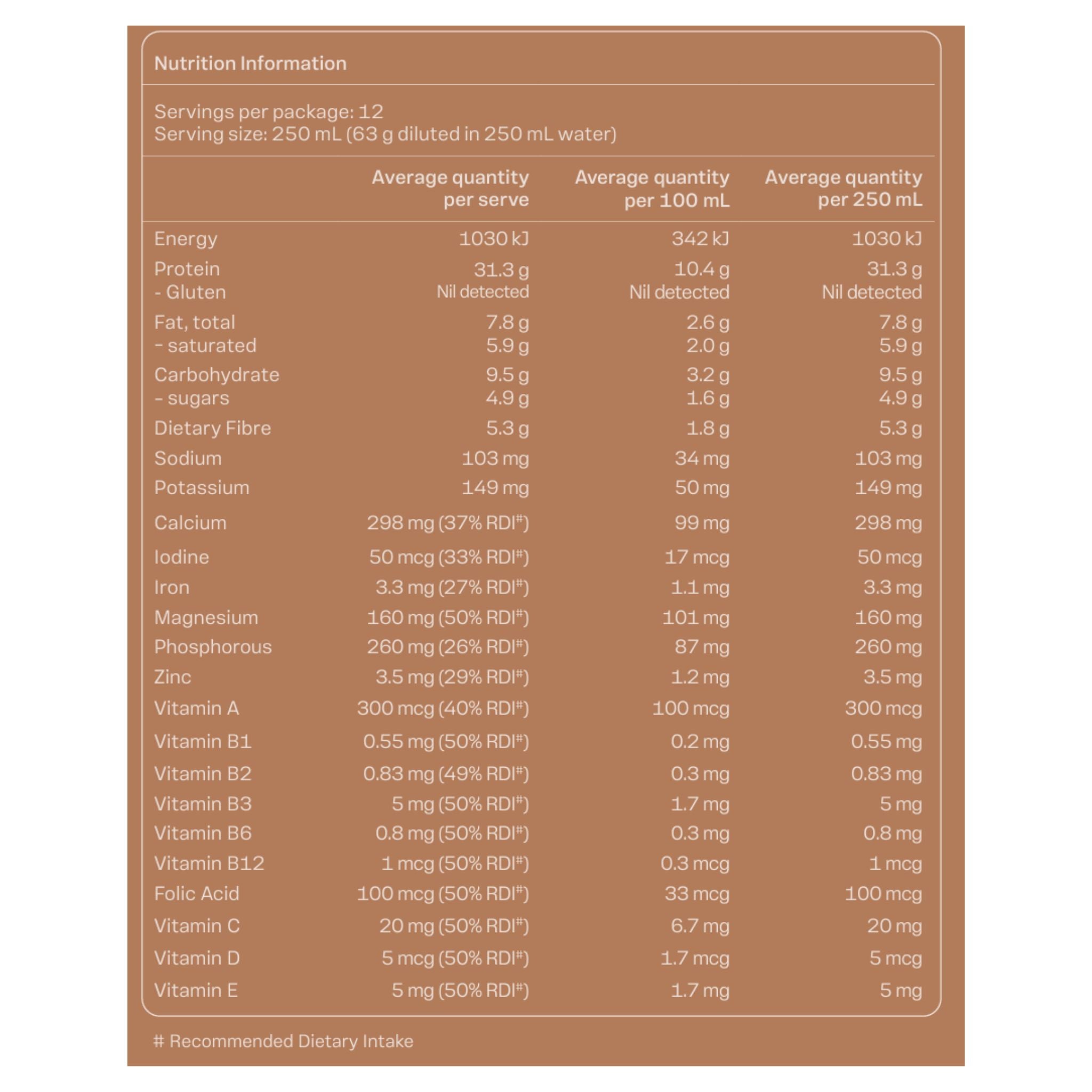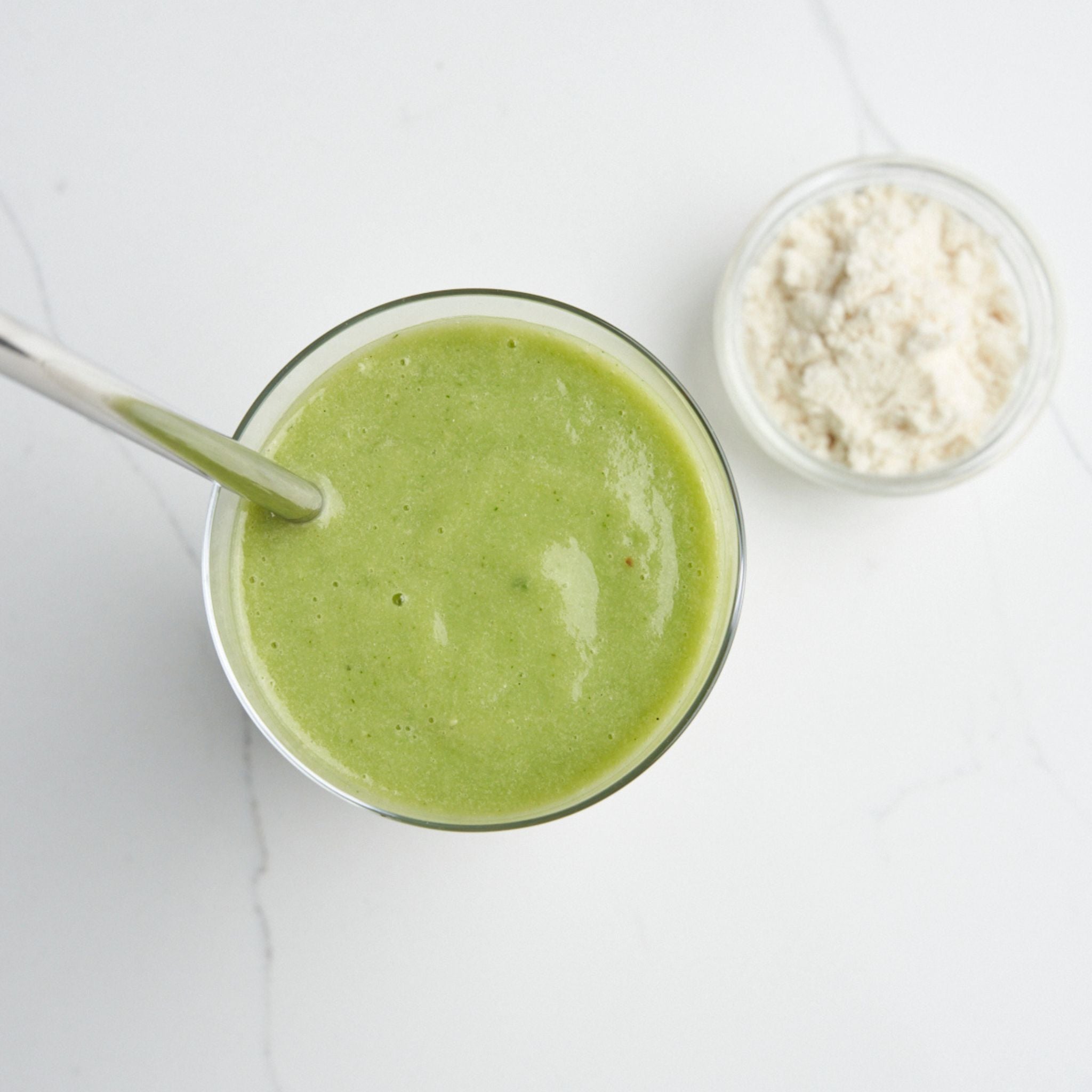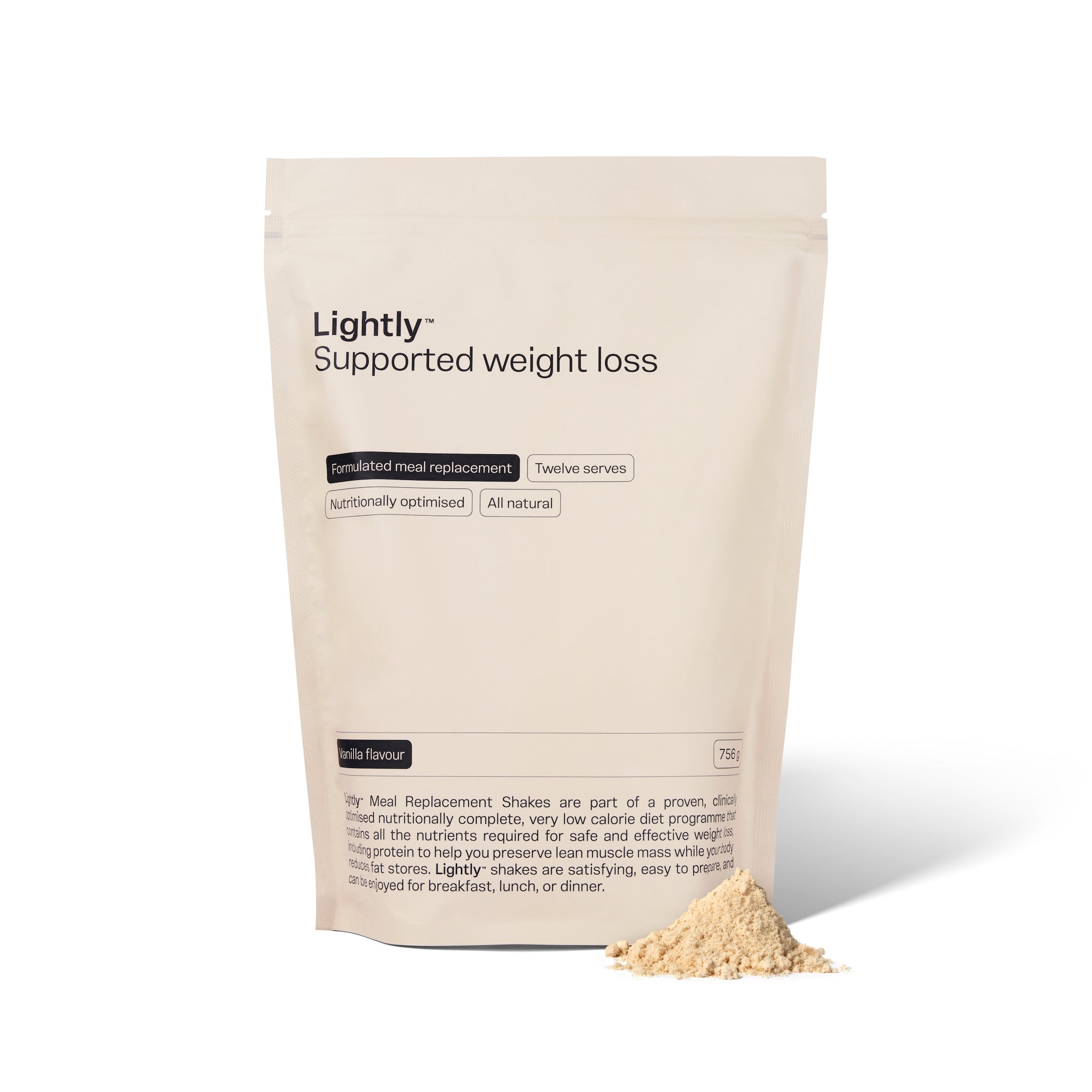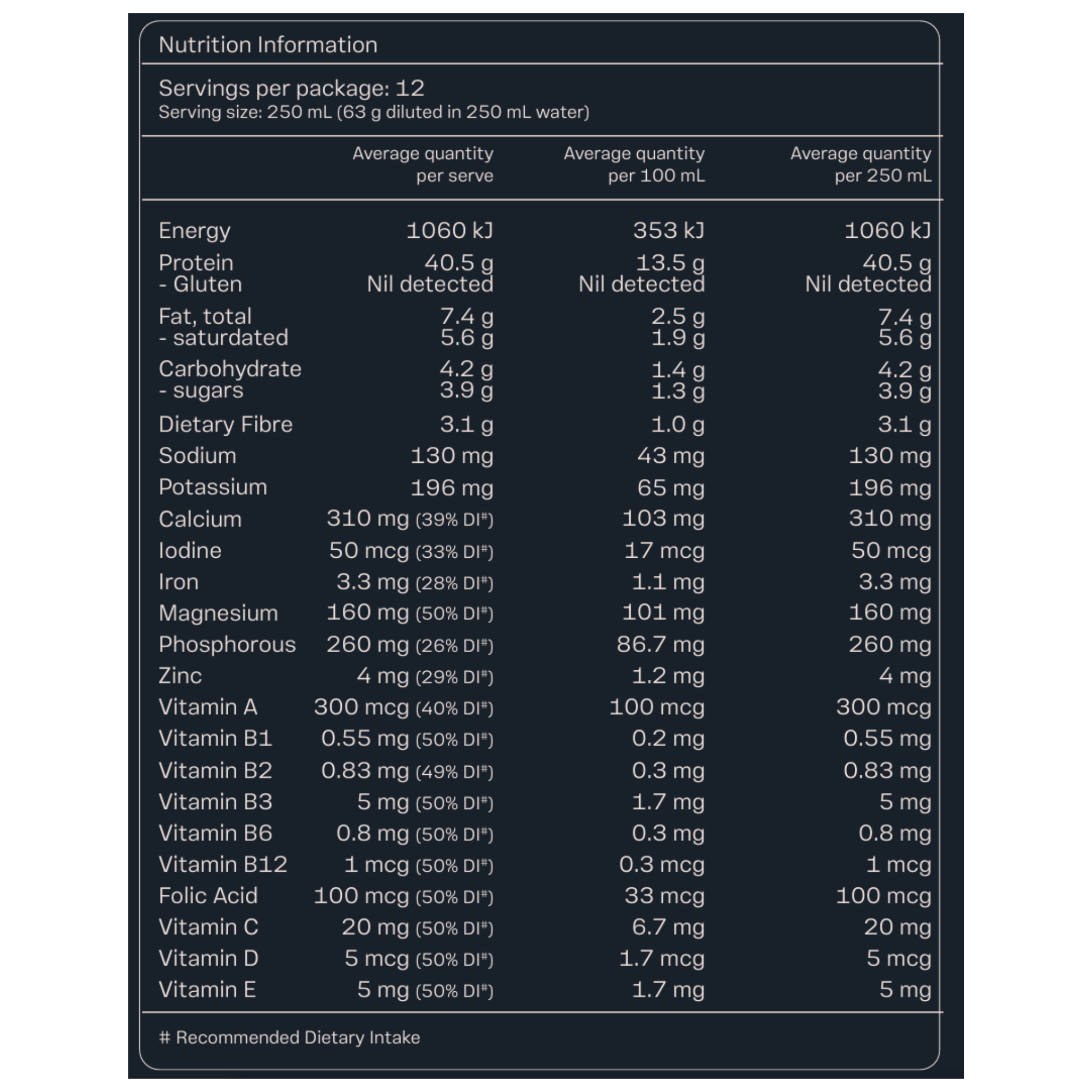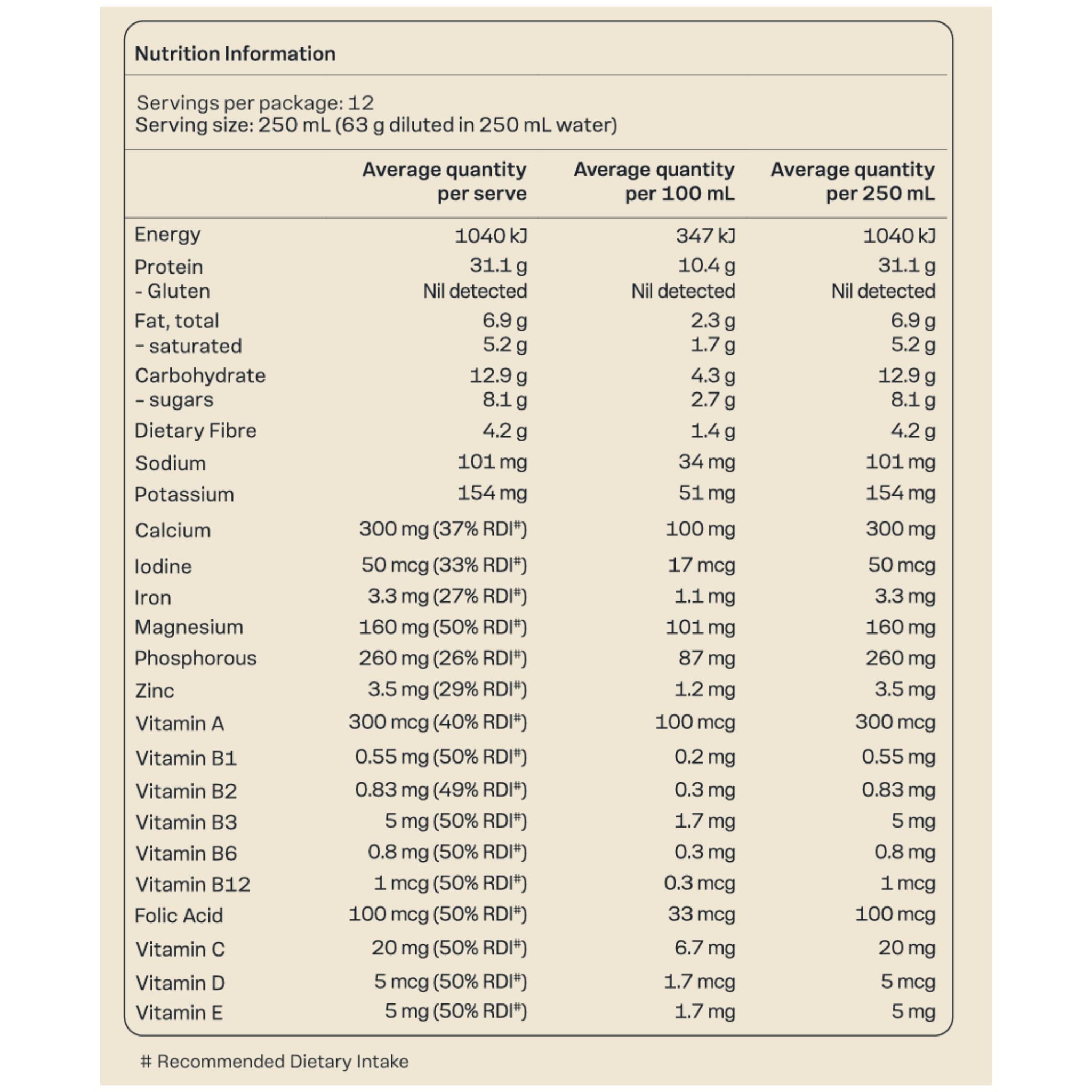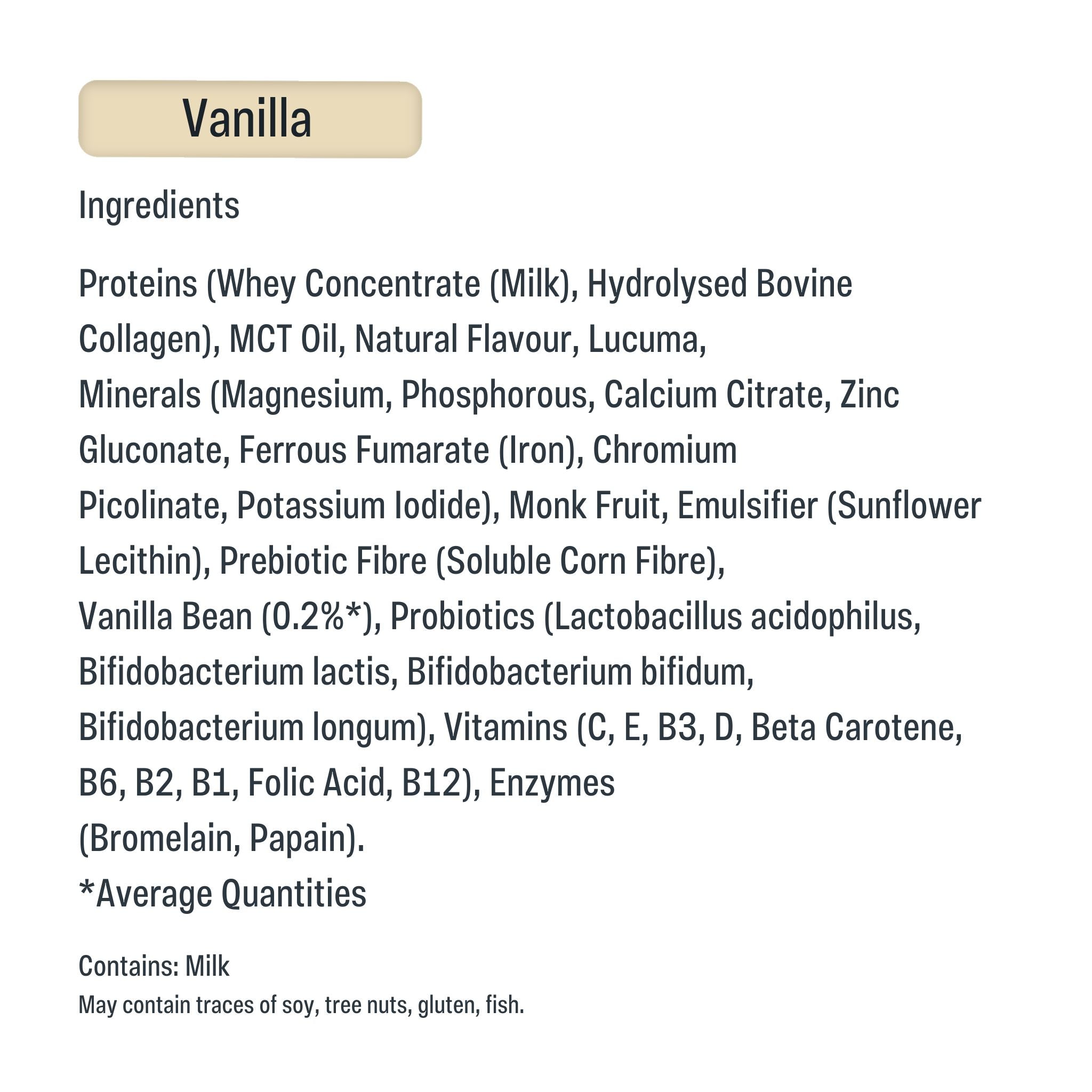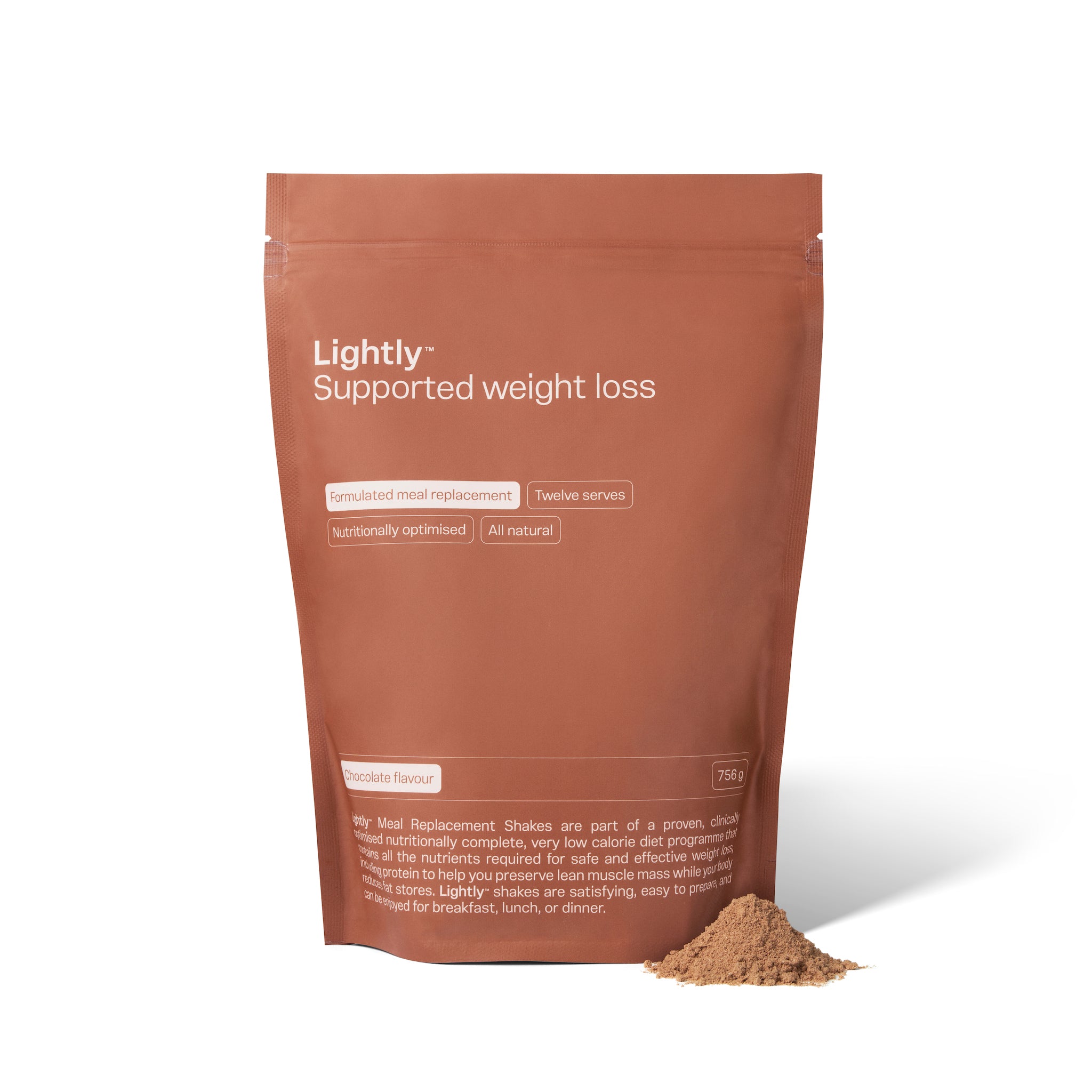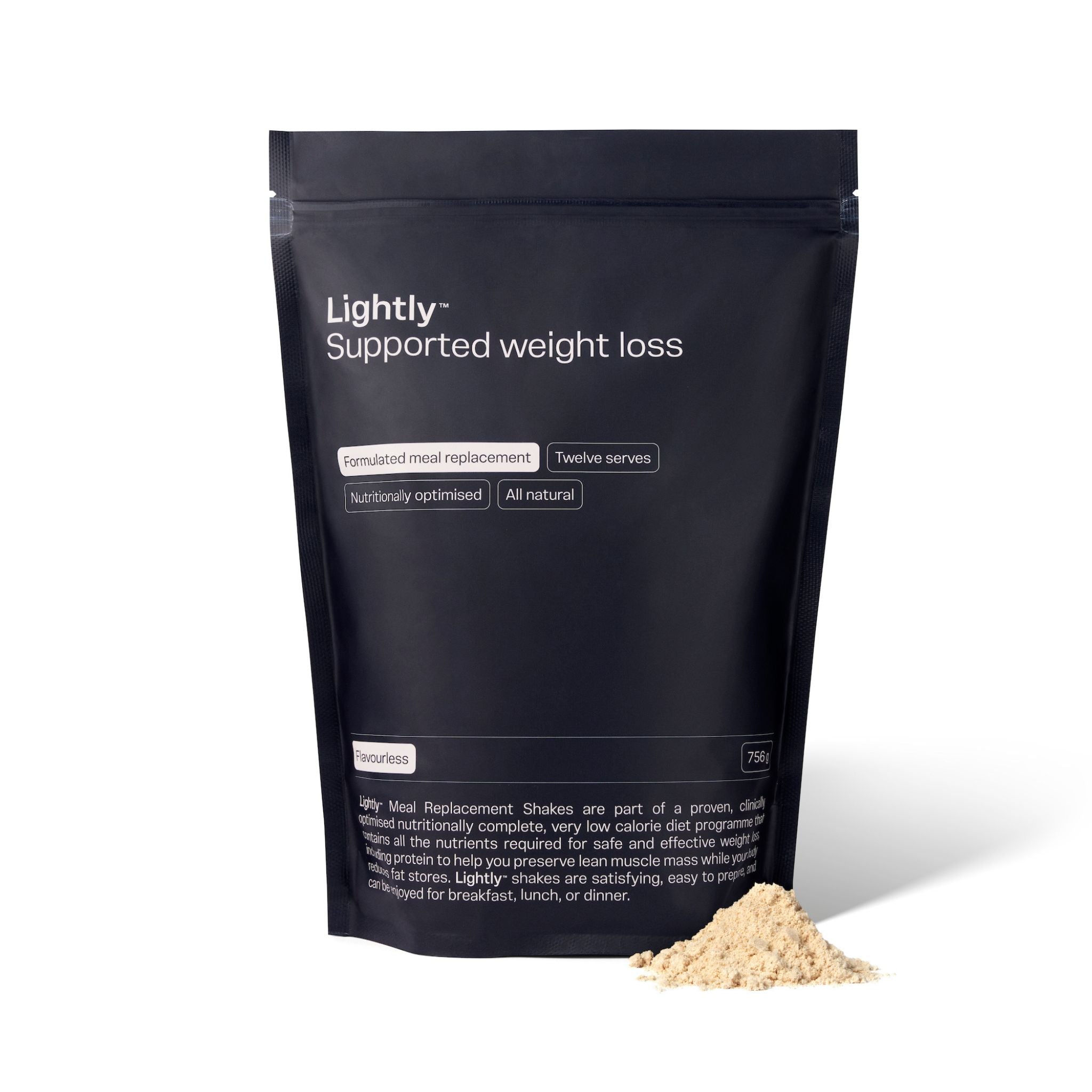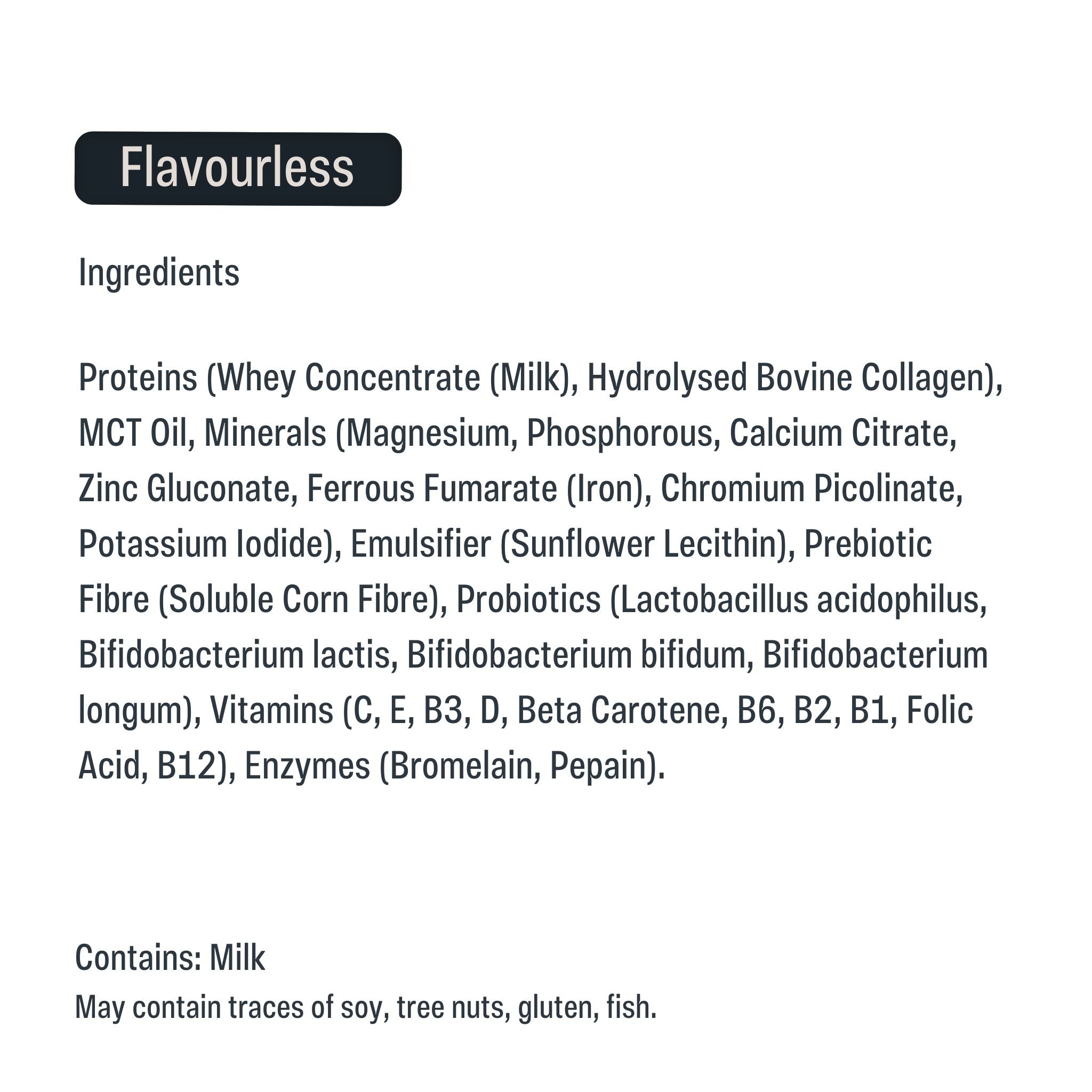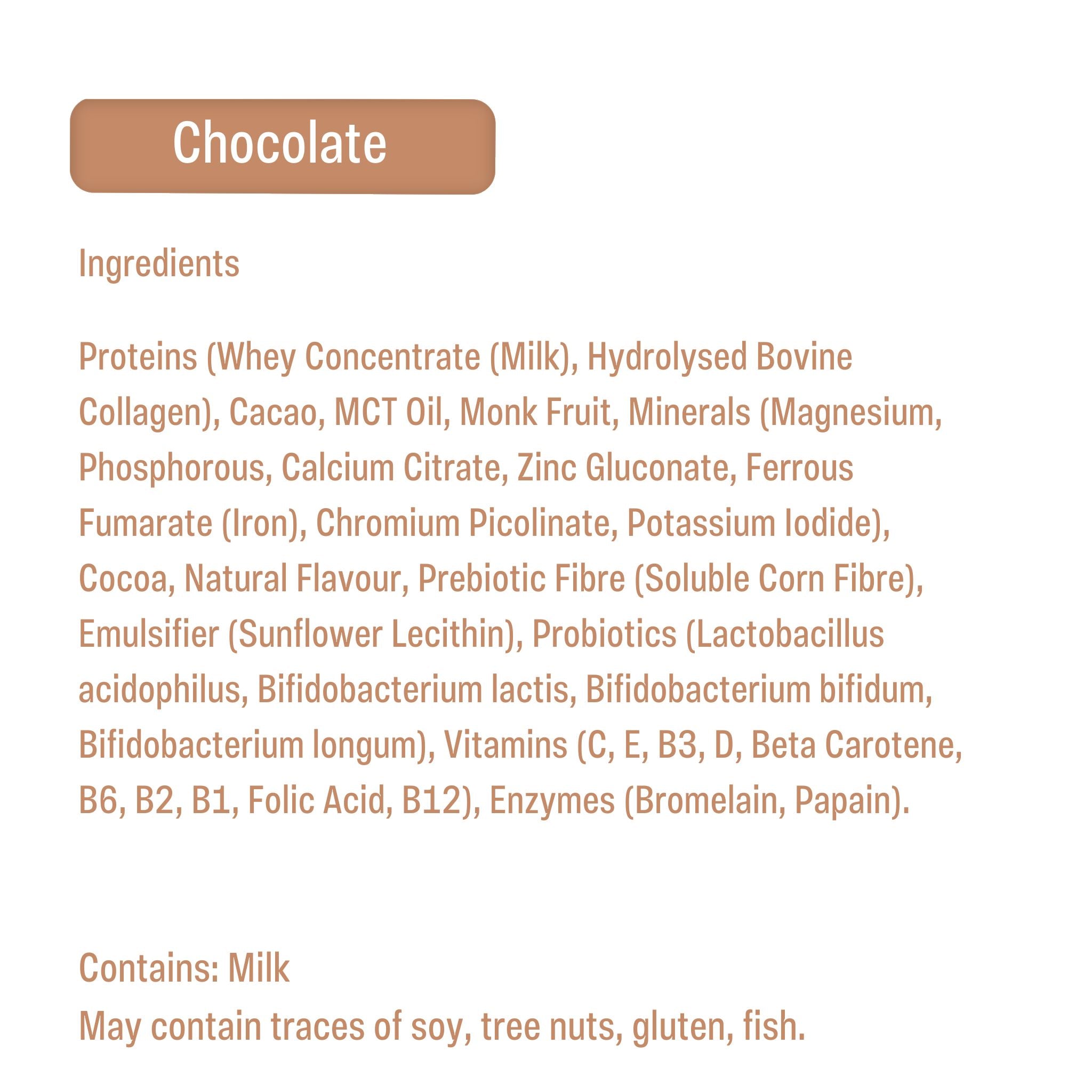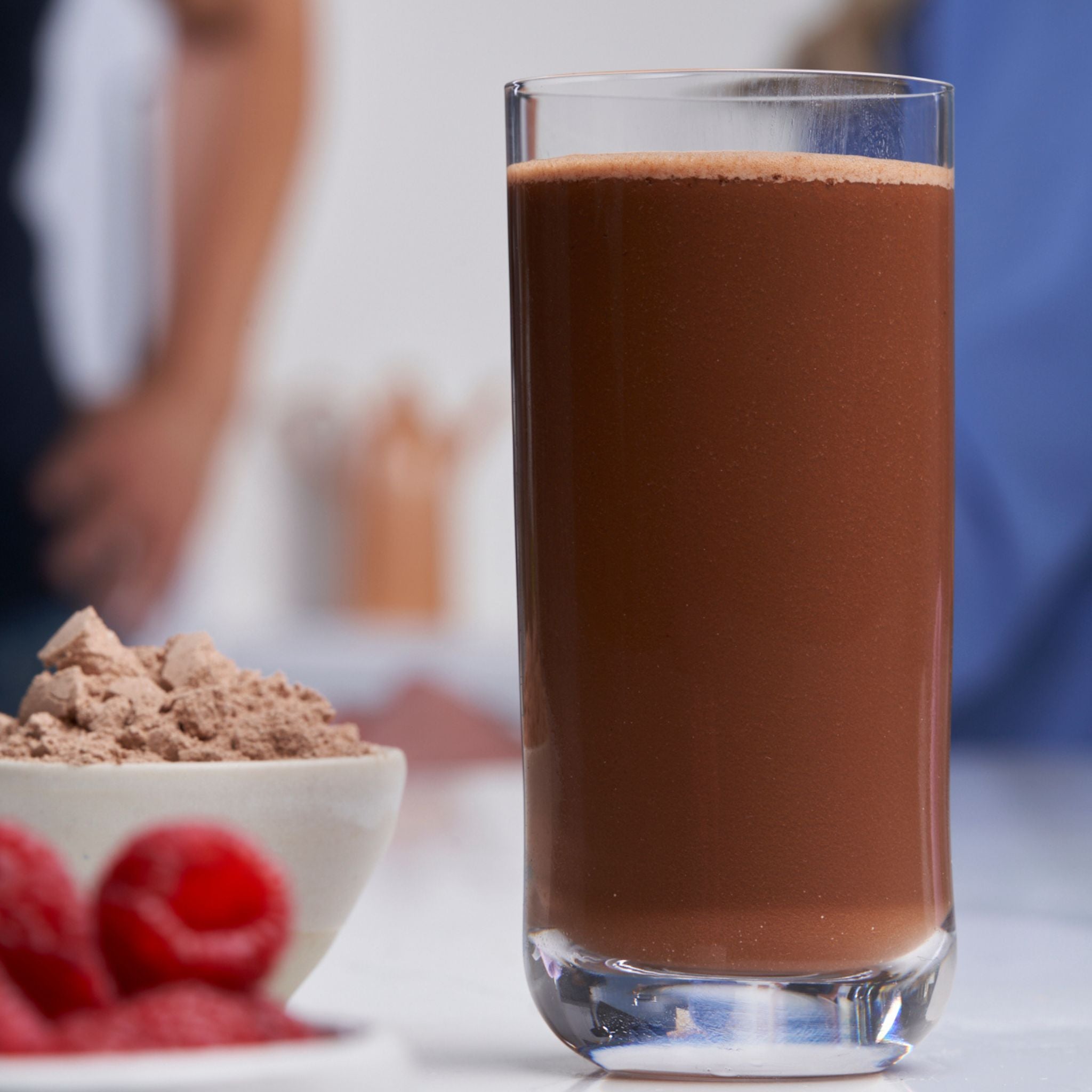Protein is a crucial macronutrient for health, muscle growth, and weight management. Optimising protein intake means not only consuming the right amount but also choosing high-quality sources, distributing intake throughout the day, and pairing it with other essential nutrients for maximum benefit.
Whether your goal is building muscle, losing fat, or simply maintaining overall wellness, understanding how to optimise protein can help you get the most out of your diet and stop you feeling hungry on a diet.

Protein is made up of amino acids, which are the building blocks of the body. There are 20 amino acids, nine of which are essential-meaning they must come from food because the body cannot produce them. When consumed, protein is broken down into these amino acids, which are then used for muscle repair, enzyme production, immune function, and countless other biological processes. High-quality protein sources, such as lean meats, fish, eggs, and dairy, contain all essential amino acids in the right balance. Plant-based proteins, like beans and lentils, can also provide essential amino acids but may require combining different sources to ensure a complete profile.
Protein plays a vital role in nearly every function of the body. It is essential for muscle repair and growth, particularly important if you are taking weight loss medications or are dieting. It also supports metabolism by increasing thermogenesis, meaning the body burns more calories digesting protein compared to fats or carbohydrates.
Beyond muscle and metabolism, protein is crucial for hormone production, immune function, and maintaining healthy skin, hair, and nails. Additionally, it helps regulate appetite by promoting satiety, which can aid in weight management by reducing overall calorie intake.
Lightly protein shakes make it easy to reach your protein goals in a convenient and delicious way.
Visit www.lightlyforlife.com and check out our high quality shakes.
 is here! Shop now, pay later in 4 easy installments
is here! Shop now, pay later in 4 easy installments

